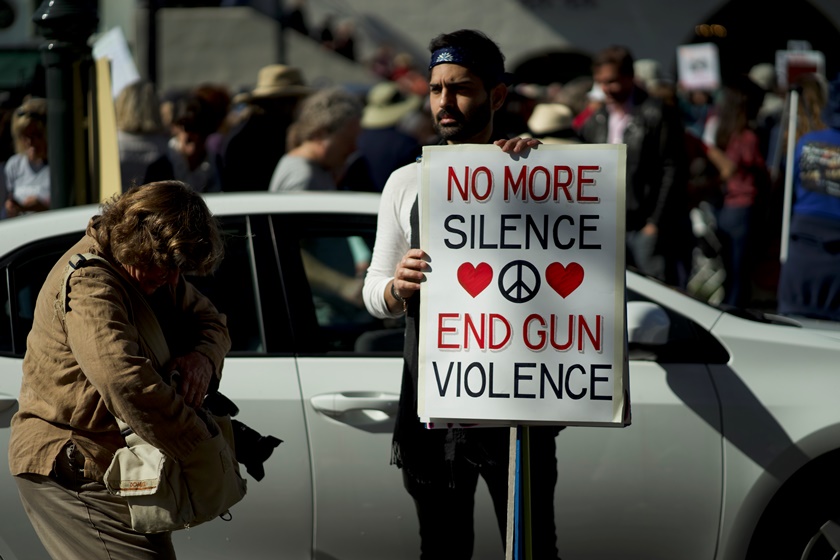Politically motivated regulatory action is a growing threat to insurers, particularly in America.
Accusations that “murder insurance” was being sold to gun owners prompted the New York State Department of Financial Services (DFS) to investigate excess-line coverage sold by Chubb, the Lockton Companies, and Lloyd’s of London. The investigation led to fines against Chubb, Lloyd’s, and Lockton, and prompted at least one lawsuit.
The so-called “murder insurance” was actually surplus or excess-line coverage sold to members of the National Rifle Association (NRA), The Wall Street Journal reported. The policies called Cover Guard paid for legal defence and other costs for NRA members involved in shootings. Cover Guard is supposed to protect Americans who have licenses to carry guns from legal actions.
Chubb and Lockton fined
Gun-control activists allege that such excess-line policies encourage reckless behaviour and the use of firearms in public. Lockton violated New York state law by issuing policies that encouraged illegal activities, a DFS press release alleged.
The DFS fined Lockton $7 million (£5.19 million) for selling the policies in New York State. A Chubb subsidiary called Illinois Union was fined $1.3 million (£960,000) for underwriting Cover Guard policies in a separate action, The Insurance Journal reported. Chubb and Lockton agreed to stop underwriting the NRA excess-line coverage in New York State in settlements with the DFS.
Lloyd’s of London directed its syndicates from covering NRA excess-line insurance programs on 9 May 2018, Business Insurance reported. Like Chubb, Lloyd’s paid $1.3 million (£960,000) to settle the DFS charges.
State sued over murder insurance
The DFS action came after a “Stop Murder Insurance” campaign was launched by two groups called “Color of Change” and “Guns Down.” Those organizations claimed that Cover Guard encouraged the shootings of African Americans – who are an important voting bloc in New York State.
“Armed intimidators roam our communities. They wave their guns like children playing dress-up, barking threats and upsetting the peace. They insist they should be allowed to bring their guns everywhere, into our schools, our parks, and even our churches. But their guns are not toys,” Fulton said.
The NRA, a controversial group of gun advocates that opposes gun control is an important voting bloc for the Republican Party and President Donald Trump. The Republicans’ rivals, the Democrats control the state government in New York.
The organization filed a lawsuit against the DFS in which it claimed the agency was “a politically-motivated effort to deprive NRA members of insurance coverage,” The Wall Street Journal reported.
The NRA’s complaint alleged that DFS’s action was sparked by Every Town for Gun Safety, a controversial gun control group bankrolled by former New York City Mayor and media tycoon Michael Bloomberg. Bloomberg is a long-time critic of the NRA and a gun-control advocate.
Politically motivated regulation threatens insurers
The experience of Lockton, Lloyd’s, and Chubb demonstrates why insurers need to pay close attention to the political climate. Politicians are increasingly targeting businesses that market unpopular or controversial products for regulatory and other attacks to attract votes.
One such politician is New York State Governor Andrew M. Cuomo, who is up for re-election in November 2018. Cuomo is facing a strong primary challenge from Sex in the City actress Cynthia Nixon, The New York Times reported. The governor needs to demonstrate his support for left-wing causes like gun-control to fight off the challenge from leftist Nixon.
As governor Cuomo oversees the DFS and has the leverage to force regulatory action against excess-line insurers and the NRA. The NRA is very unpopular with many voters in America and is already a favourite target of Democratic politicians.
Issuers of excess-line policies and other potentially controversial insurance products need to carefully access the political climate, especially in the United States. The risk of politically-motivated regulation and litigation has increased dramatically.
Insurers need to carefully ascertain the risks of products like “murder insurance” in order to avoid such political entanglements.
